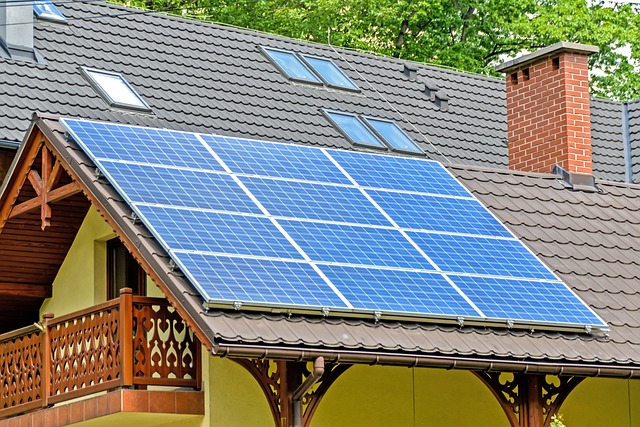The worldwide transition toward renewable energy sources has gained tremendous traction, fueled by the need to battle climate change and provide sustainable energy alternatives. Among these possibilities, solar power stands out as a beacon of hope, providing a clean and plentiful source of energy derived directly from sunlight. As the world embraces this transition, residential solar panels have emerged as a pivotal component, reshaping the landscape of home power generation. This paradigm shift not only promises environmental benefits but also addresses critical concerns such as Texas Grid Reliability, particularly in the face of unpredictable weather patterns and energy demand fluctuations.
This article highlights the incredible potential of harnessing solar energy and highlights the benefits of installing solar panels on residential properties.
The Power of the Sun
Solar energy is abundant and freely available. Every hour, the sun radiates enough energy to power the entire planet for a year. By harnessing this immense power, we can tap into a clean and sustainable alternative to traditional fossil fuels.

How Solar Panels Work
Residential solar panels are made up of photovoltaic cells, which convert sunlight into energy via the photovoltaic effect. These cells are generally constructed of silicon, a semiconducting semiconductor that generates electricity when exposed to sunshine. The collected energy is subsequently transformed into useful power for home usage or returned to the grid.
Benefits of Residential Solar Panels
- Cost Savings: One of the major benefits of installing solar panels at home is the possibility of huge savings on power costs. By producing your power, you lessen your dependency on the grid and so lower your monthly utility costs.
- Environmental Impact: Solar energy is clean and emits no greenhouse gases during operation. By adopting domestic solar electricity, homeowners may help battle climate change and reduce their carbon impact.
- Energy Independence: Solar panels allow homeowners to become more self-sufficient and less dependent on external energy sources. By generating their electricity, homeowners gain greater control over their energy supply, shielding themselves from price fluctuations and potential energy crises.
- Long-Term Investment: Setting up solar panels is an investment that pays off in the long run. Most solar panel systems come with warranties ranging from 20 to 25 years, and the lifespan of the panels can extend beyond that. Financial incentives, such as government subsidies and tax credits, make the initial investment more affordable, contributing to the overall return on investment.
- Increased Property Value: Solar panels boost the value of residential properties. According to reports and surveys, homes with solar panels sell for more money and appeal to potential purchasers because of the long-term energy savings they provide.
Overcoming Challenges
While the benefits of residential solar panels are numerous, there are still a few challenges to address. Factors such as the initial cost of installation, intermittent availability of sunlight, and the need for adequate roof space can pose obstacles. However, advancements in technology and declining costs are steadily making solar power more accessible and affordable.

Conclusion
Residential solar panels present a remarkable opportunity for homeowners to embrace renewable energy and play an active role in reducing carbon emissions. With the potential for significant cost savings, increased energy independence, and positive environmental impact, it’s no wonder that solar energy has gained tremendous popularity. As we continue to unlock the full potential of harnessing the sun’s energy, residential solar panels will undoubtedly revolutionize how we power our homes, paving the way for a cleaner, greener future.

